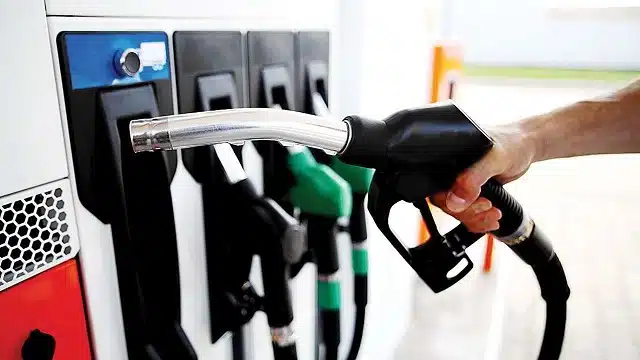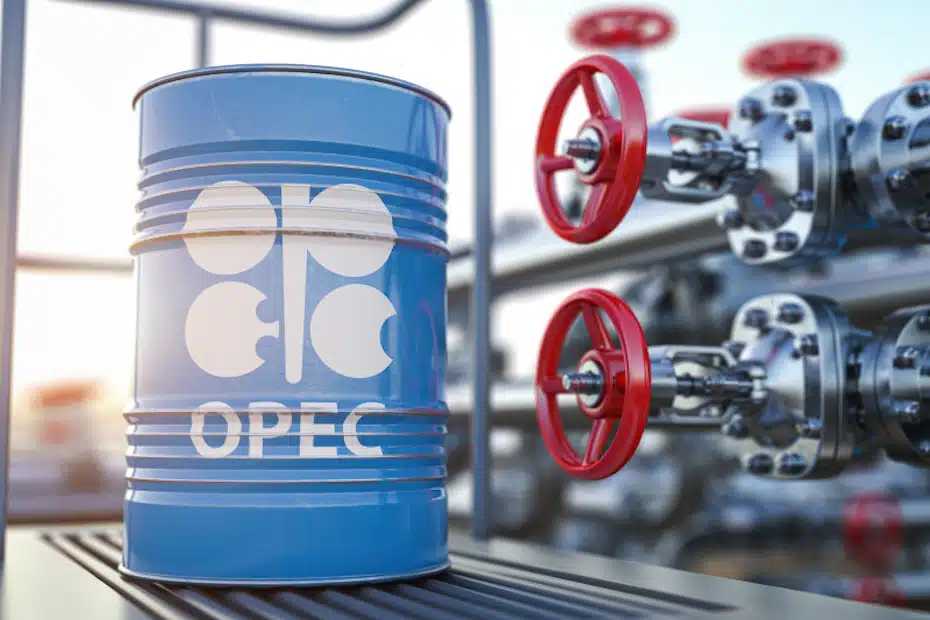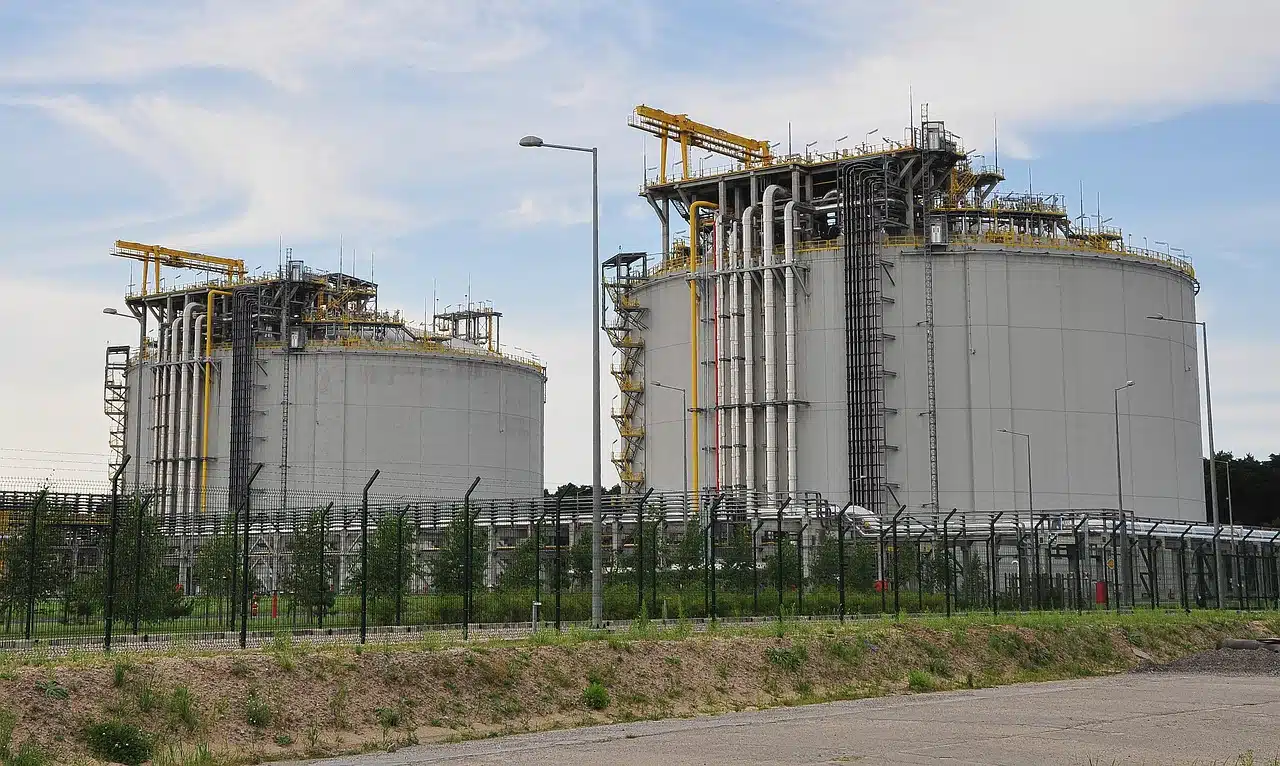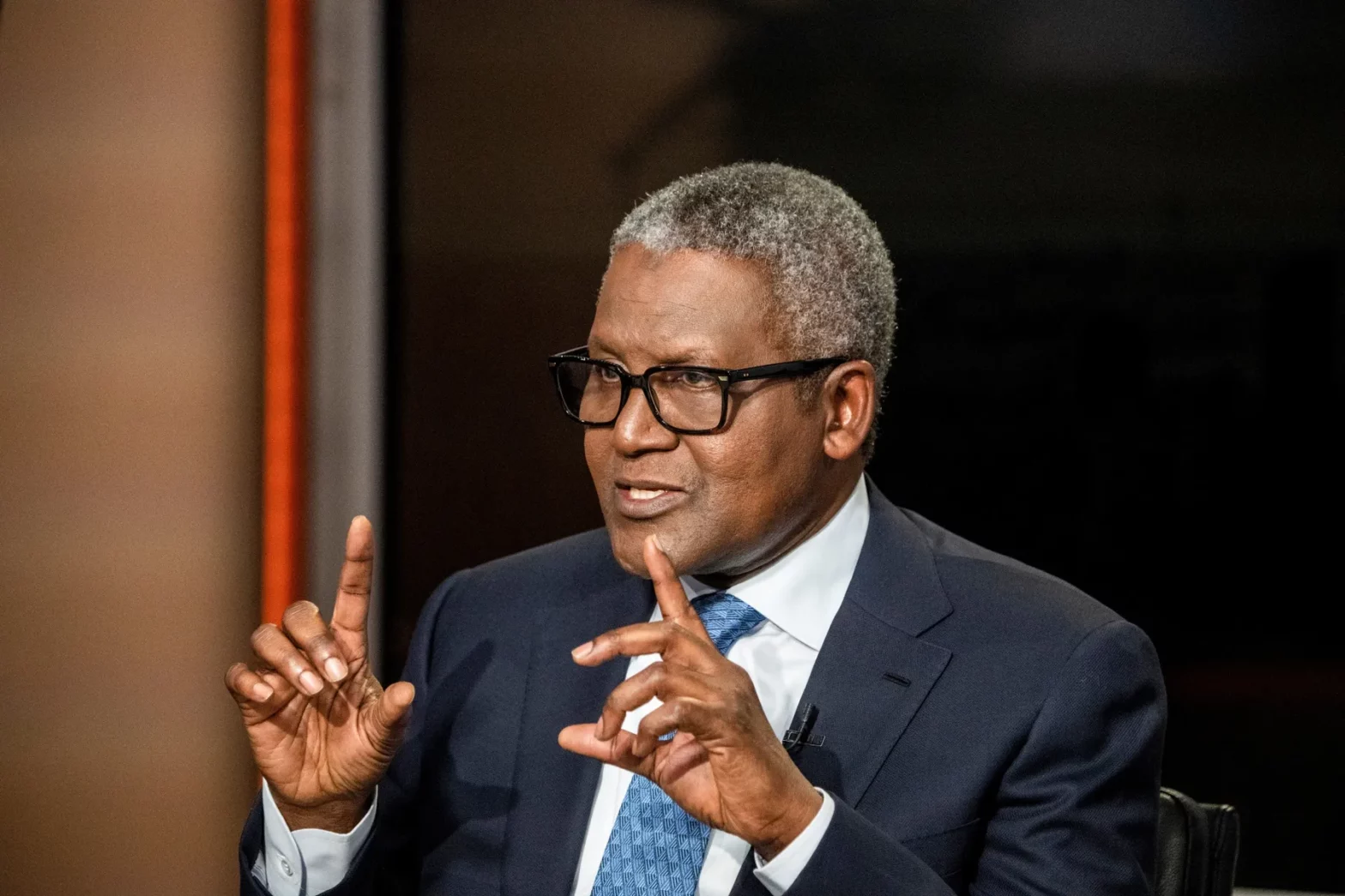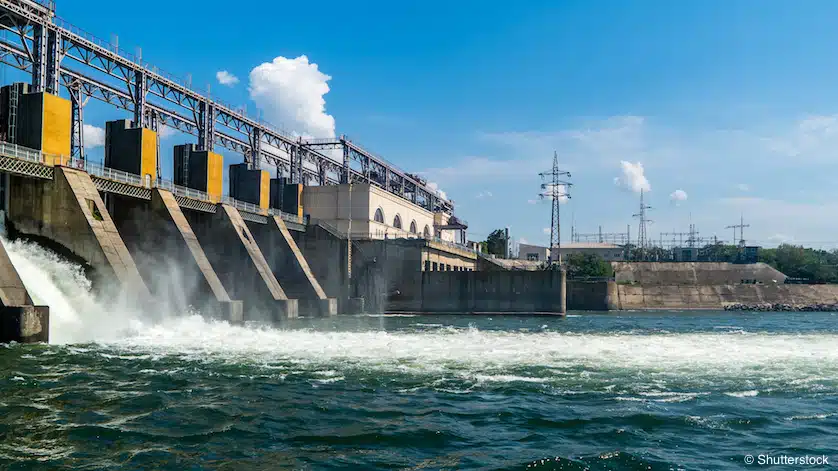Nigeria is set to establish a national strategic petroleum products reserve in 2025 to shield its economy from global supply disruptions and enhance energy security.
The initiative, mandated by the country’s Petroleum Industry Act (PIA) 2021, was announced by Farouk Ahmed, head of the Nigerian Midstream and Downstream Petroleum Regulatory Authority (NMDPRA), during a press briefing on Tuesday.
Despite being Africa’s largest oil producer, Nigeria frequently experiences fuel shortages and long queues at filling stations.
The planned reserve aims to mitigate these challenges by ensuring a more stable supply of petroleum products.
While current reserves cover approximately 18 days of supply, the new National Strategic Stock is expected to be significantly larger, modelled after the United States Strategic Petroleum Reserve.
Specific volumes for the planned reserves were not disclosed.
Recall, that in February Nigeria was embroiled in a debate over the quality of imported petrol, leading the Nigerian Midstream and Downstream Petroleum Regulatory Authority (NMDPRA) to intensify its oversight of fuel imports.
The controversy began with allegations from Dangote Refinery, accusing some oil marketers of importing substandard petrol into the country — a move they said undermined local production and reduced demand for its products.
In response, NMDPRA debunked the claims of substandard fuel imports, attributing the falling demand to a five-fold increase in gasoline prices that was prevalent at the time.
In February, Ogbugo Ukoha, NMDPRA executive director of distribution systems, storage, and retailing infrastructure, said that local refineries supplied only 50% of Nigeria’s daily fuel consumption, necessitating continued importation of petrol to meet demand.
The strategy leverages Nigeria’s expanding domestic refining capacity, particularly the 650,000-barrel-per-day Dangote Refinery, which commenced operations in September 2024.
Alongside five smaller refineries, these facilities have collectively reduced gasoline imports from 50.8 million litres per day in September to 28.7 million litres per day last month.
Current projections suggest that local refineries may process up to 770,500 barrels daily through June, raising hopes that domestic capacity could eventually eliminate Nigeria’s dependence on gasoline imports.
The regulatory authority said it would issue bulk petroleum liquids storage licenses to private depots capable of long-term product storage. It is not clear whether the product will be sourced locally or imported.
Nigeria has taken smart steps recently to build resilience in its fuel supply chain.
The country has resumed naira-for-crude policy in response to recent fluctuations in the global oil market.
Also, in September, President Bola Tinubu appointed the country’s first Director of Energy Security.

